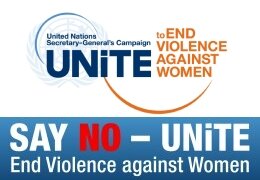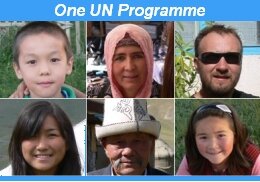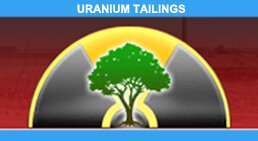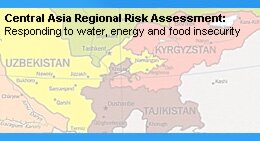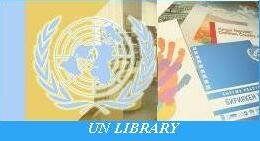| Regional Conference on Uranium Tailings held in Bishkek |
|
Bishkek, Kyrgyzstan (April 24, 2009) – From April 21 to 24 a regional conference titled “Uranium tailings: local problems, regional consequences, global solutions”, initiated by the Kyrgyz Government with assistance of UNDP in the Kyrgyz Republic took place in Bishkek. Delegations of Central Asian countries – Kazakhstan, Tajikistan, Uzbekistan, other stakeholder countries, representatives of donor communities, international organizations and development agencies, expert community, private sector and non-governmental sector of the region attended the conference. The goal of the conference was to discuss and develop a proposal of the Central Asian states on prospective joint plans, including strengthening of partnership. Participants also discussed high priority trans-boundary and national investment projects as well as projects aimed at strengthening of institutional capacity, improvement of legislation, economic and social initiatives, specific investment projects in the area of these regions and necessary humanitarian assistance to the residents of the tailings areas. As President Bakiev stated in his speech: The conference work - organized in the form of group work in sections around four thematic areas - is a critical event amid the problems related to the existing tailings on the territory of Central Asian countries as a result of the military industry of the former USSR. Kyrgyzstan now hosts 92 hazardous waste dumps holding 475 million tons of waste containing radionuclides and other toxic substances. Conditions of these tailings tens of years later has significantly worsened after closure of related production sites. Some 6,500 hectares of land in the country have been exposed to radioactive contamination. Neal Walker, UN Resident Coordinator in the Kyrgyz Republic, in his opening remarks stated: Situation and risks of possible ecological disaster of regional scale is also burdened with the fact that most of the tailings are located near populated areas, and zones of high seismicity with strong natural occurrences, which are becoming more frequent as the climate changes. A well coordinated approach to the integrated solution of the problem is required. Based on the results of the conference discussions, a special Framework document on the issue has been developed, which will be presented during the International Forum on Uranium Tailings on June 29 in Geneva, initiated by the President of Kyrgyz Republic. Also the document will be used in the following bilateral and multilateral negotiations between the Central Asian states and donors, international organizations and private sector for attracting necessary financial and technological assistance and direct investments. The parties expressed their wish for further cooperation and develop the joint approach to attract attention of international financial institutions and donors to this problem, as well as to the needed financial and technical aid and direct investments. In the words of Manuel Recio, Acting Director, Division for Europe, Technical Cooperation Department, IAEA: |


